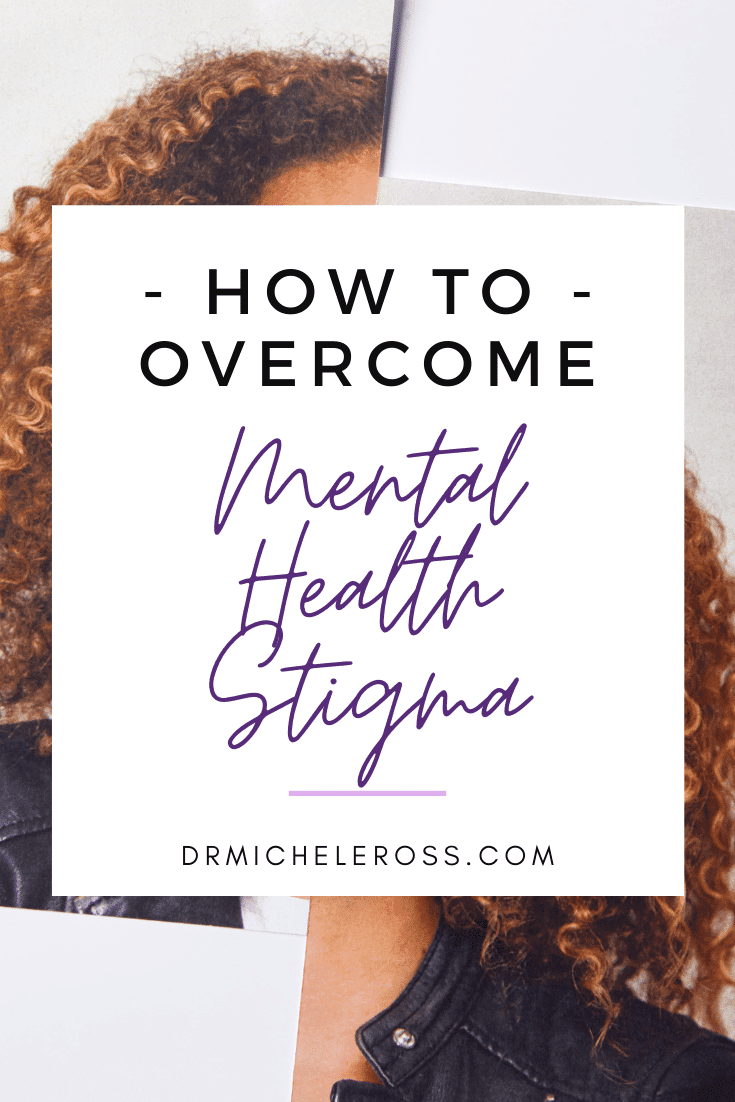
At some point, almost everyone living with mental illness has received blame for their condition. You’ve seen them being called names and their symptoms referred to as something they could control “if only they tried.” This is the unwieldy power stigma holds in society today.
Stigma can cause you to feel ashamed of something that’s out of your control. Worse of all, it may prevent you from seeking the treatment you need. Imagine a case where someone you know doesn’t take anxiety treatment because they are afraid of how you or other people may judge them.
All of us need to raise our voices in the fight against mental health stigma in every possible way. It is up to you and me to stand up to stigma and eradicate it from society. This post will show you how:
1. Speak Openly About Mental Health
One of the most effective ways to fight mental health stigma is by talking about it. Doing this will give other people the courage to speak up as well and teach society about your medical condition. Having bipolar disorder, anxiety, or PTSD isn’t a choice.
Therefore, it is up to you to speak up openly about mental health, even if it helps just one person. Speaking up might just save someone else’s life.
2. Educate Yourself and Others
It is also important to educate people about mental illness stigma and share your personal experiences (if you have any) with other people. Take every opportunity you can to educate people about the impact of mental health stigma and what it is doing to society.
You can use it as a learning opportunity and intervene by expressing how it makes the mentally ill person feel. Teach people around you why it is important to stop discriminating because it will only add to the stigma.
3. Choose Empowerment Over Shame
You can also fight stigma by choosing an empowered life over shame. This means owning your life if you have mental illness. Your life is yours. You must refuse to let other people dictate how you view yourself or how you feel about yourself. Take control of your life by choosing empowerment over shame.
4. Be Conscious of Language
You can also fight mental health stigma by continuously reminding others that their language matters. Treat other people to refrain from using mental health conditions in their words.
You will be surprised by how many people will be willing to change their use of certain mental health terms with something else once you explain why their initial languages might be problematic.
5. Don’t Harbor Self-Stigma
Another effective strategy of fighting mental health stigma is by not having stigma for yourself. You shouldn’t hide from this world in shame because of your condition. Instead, own it. Be a proud and productive member of society like everyone else.
You can have friends, go to church, go shopping, and do everything else you are capable of doing without straining yourself.
6. Be Honest About Treatment
No one should judge you for saying you have an appointment with your primary care doctor. Remember, this is about your health. Use this lack of fear to drive you to seek the best treatment for your mental illness. Take your treatment seriously, and other people will do the same.
Conclusion
Mental health stigma is a serious issue and has been a significant barrier to treatment for many people. It has denied many people life-changing opportunities and change lives forever. However much breaking this stigma may be difficult; it is a weed that must be plucked from society.
Supporting friends and family members with mental health issued is a critical step towards fighting stigma. It is about time the public changed its attitude toward mental health, and it starts with you and me.
Pin This Post

Share This Post





